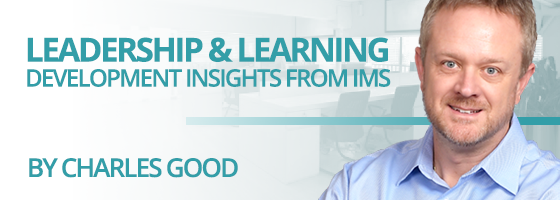The influence of our communication, encompassing our vocabulary and expression, should never be underestimated. A subtle adjustment in word choice, verb tense, or question phrasing can significantly affect our impact and the probability of achieving desired results. In his latest book, Magic Words: What to Say to Get Your Way, Dr. Jonah Berger provides us with a valuable set of practical techniques that harness the power of language. Whether delivering a compelling pitch or engaging in a heartfelt conversation, our words act as conduits for our thoughts and emotions. Yet, we often overlook the true influence of specific words and their capacity to profoundly affect our effectiveness. The following are some ways that can help you right away to unlock the power of language to influence others, according to Dr. Berger.
ACTIONS INTO IDENTITIES
Transforming verbs into identities not only alters perceptions but also influences behavior. Voter turnout increases among individuals who identified themselves as ‘voters’ rather than individuals who voted. As Berger highlights, if you desire someone to listen, invite them to become a listener. Similarly, if you want them to lead, encourage them to embrace the role of a leader.
CHANGE CAN’T TO DON’T
Opting for the word ‘don’t’ instead of ‘can’t‘ when resisting temptations proves to be more effective. The distinction lies in the implied desire associated with ‘can’t,’ suggesting it is something you want to do, but something external is preventing you from doing it. Conversely, ‘don’t’ shifts the locus of control internally, signifying a personal choice to refrain from certain actions.
DITCH THE HEDGES
People tend to be more influenced by communicators who exude certainty and confidence in their words. This is because we are inclined to perceive them as being correct. Examples of hedges include words like “may,” “in my opinion,” “kind of,” “sort of,” “probably,” and “I believe.” However, using such words diminishes our impact because while we are sharing our thoughts and suggestions, we are simultaneously undermining them. In addition, it implies that we are not entirely sure if our recommendations are worth pursuing. To convey a sense of confidence, eliminate the hedges and employ more definitive terms such as “definitely” or “clearly.”
TURN PASTS INTO PRESENTS
Using the past tense conveys subjectivity and transience, based on personal experience at a specific point in time. On the other hand, the present tense implies something more general and enduring. Saying something works well not only indicates past success, but also ongoing and future success. To encourage positive behavior, focus on how people are doing something rather than how they were doing it.
Words are the building blocks of our thoughts, emotions, and ultimately, our lives. Jonah Berger provides a roadmap for effective communication, helping us to use language to our advantage in various aspects of life. Whether we want to persuade someone, foster closer relationships, or simply be more creative, understanding the power of words is key to achieving success. So, the next time you want to influence someone or solve a problem creatively, think carefully about the words you use, and see how they can make all the difference.
For more information on this topic check out my podcast with Dr. Sharon Melnick (Episode 107), and discover some of the other ways that you can unlock the power of language to influence others in my articles on Common Thinking Traps that Affect Leaders or Communicating with Impact.
ABOUT CHARLES GOOD
Charles Good is the president of The Institute for Management Studies, which provides transformational learning experiences that drive behavioral change and develop exceptional leaders. Charles is an innovative and resourceful leader who specializes in bringing people together to develop creative organizational and talent strategies that enable business results. His areas of expertise include assessing organizational skill gaps and leading the design, creation and delivery of high impact, innovative learning solutions that achieve business goals.

1 Comment